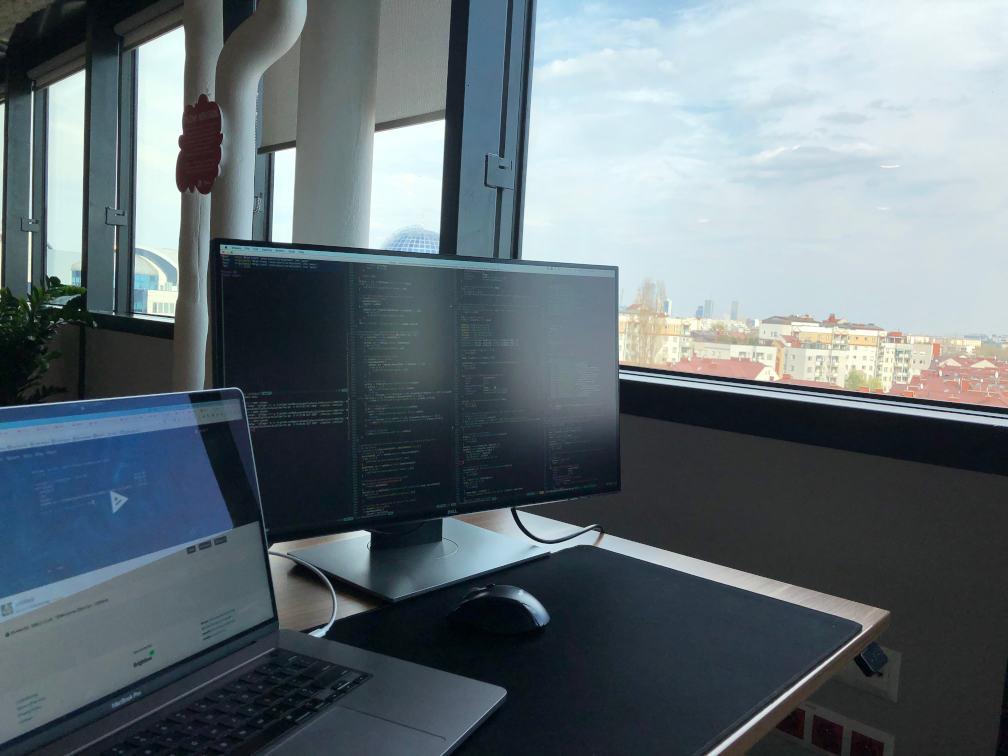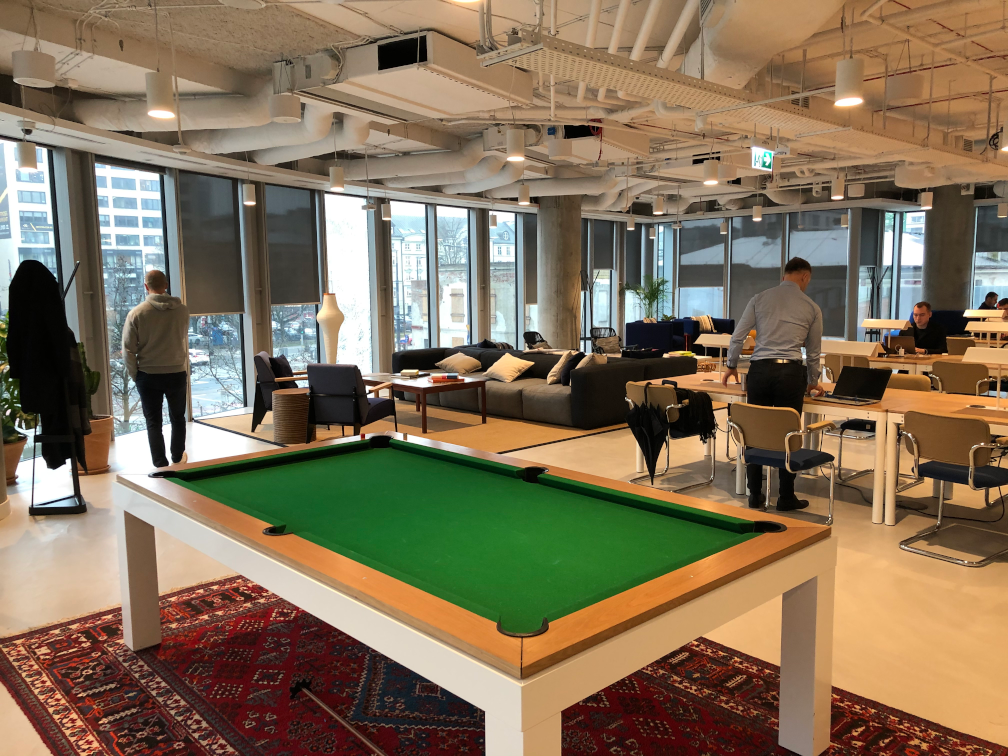Deep Work
Disconnect. Sit down. Get important work done. Do this regularly.
This is the basic message of Deep Work, a book I recently listened to by Cal Newport.
Sounds simple enough, right? But while deep work is highly effective, it is increasingly difficult to perform given the proflagation of modern distractions – especially the Internet. The ability to work and think deeply has been described as a rare superpower.
My Experience
I’ve previously written about battling internet addiction using the app and website blocker Cold Turkey. I’m further ramping up the strategy described in that article, blocking even more distractions. I’m aggressively removing everything unimportant from my life, while carving out large chunks of time when I can stay focused on a single project.

Here’s an example. Before I started writing this article, I got all my morning chores done, ate a big meal so I wouldn’t be hungry and then texted my girlfriend one last time before I went offline.
During this preparation I was experiencing some amount of Resistance, something I learned about from The War of Art. This stemmed from a pernicious fear that the finished article wouldn’t be any good and that I’d disappoint myself and my global fanbase. This is Resistance talking; this is normal. I disconnected from Wi-Fi, opened Emacs, and started writing. The hardest part was now behind me.
Deep work has made me much more productive. I crank out more work and of higher quality. This mode of working can be exhausting, especially if you’re not used to focusing for long stretches of time, and Cal Newport himself acknowledges this in the book. Deep work is not easy – you’re doing something uncommon.
I am finding that developing my focus and learning (or re-learning) to enter states of intense concentration is worth the effort and discomfort. I relish the sense of satisfaction and meaning felt after a productive session.
Tips
Here are some helpful measures I have implemented beyond just “minimize social media and other distracting sites”.
Keep email off
I used to always have my email open. I liked responding to things quickly and had the false sense of being productive doing so. Now it is almost always off.
I’ve started to only check my mail a couple of times a day (though not in the evenings or on weekends). When I do, I try to clear my inbox. I like to stay on top of things and for a long time I’ve practiced “Inbox Zero”, which means clearing your inbox. But now, instead of addressing every email, I’m quick to delete the unimportant ones or just not reply.
Email is meant to be asynchronous. You can get to it later. Don’t fall in the trap of having it on, potentially consuming your attention, at all times.
Keep a todo list
If during a deep work session I hit upon a question, discussion point, or an idea not relevant to the current task, I write it down to address later.
Be mindful of shallow work
I noticed that a lot of work I do is what Deep Work calls “shallow work”, or busywork. Doing it accomplishes nothing of significance, does not further my goals, and gives me a false sense of productivity. I’ve started weeding it out from my life.

Quick example of shallow work: pedantic focus on style and other minor details when coding. I’m currently programming in Go, a language that standardizes coding style with gofmt and an intentionally simple, limited set of features. This is a boon for deep work (though it has its disadvantages). Nevertheless, discussions over “bikeshedding”, a term that means nitpicking, still come up among my coworkers, but I try to avoid participating.
Newport’s formal definition of shallow work: “non-cognitively demanding, logistical style tasks, often performed while distracted. These efforts tend not to create much new value in the world and are easy to replicate.”
Of course, some shallow work is unavoidable, and it can give your mind a break from more cognitively-demanding, deeper work. You can’t eliminate it, but you can be mindful of, and picky about, the type of work you are engaging in.
Step back from work
After you’re done with your work, whatever it may be, step back from it. Turn off Slack. Don’t listen to the music you just produced or re-read that brilliant article you’ve just written. Continue to minimize distractions so your brain can properly recharge. Reading books is a great way to relax while training your focus and endeepening your thinking. You’ll also learn yourself some new words.
Drastic Measures
I ordered a kSafe to lock away my phone during work and at night. Don’t hesitate to take such measures to improve the quality of your working and personal life.
I don’t plan to lock up my phone every night forever. A couple of months should be sufficient – long enough to break the addiction and restore healthy dopamine levels.
Conclusion
Deep Work contains solid insights and is quite well-written. The most compelling arguments for me were the historical case studies of great works of art and inventions created using deep work. I also learned some interesting tidbits, such as the fact that the pioneering computer programmer Donald Knuth does not use e-mail at all.

I benefited from listening to the book and would recommend it to any modern human. It prompted me to examine my work habits critically and inspired me to perform more hours of deep work, which I already knew was important but was neglecting.
The main premise of Deep Work is so effective because of its simplicity: turn off the internet, sit for a few hours, and get your work done. Have discipline, and results will follow.